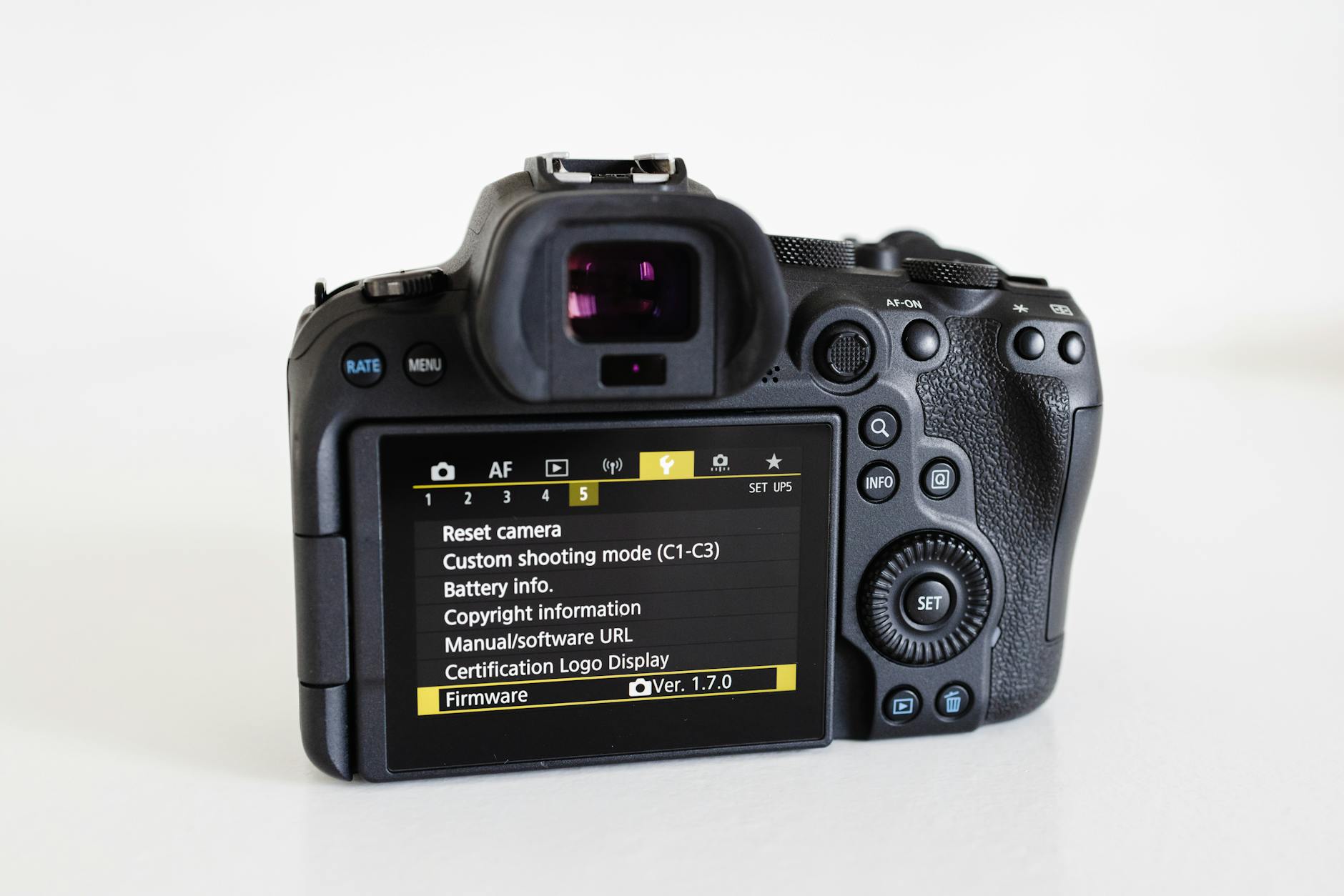Photo by Josh Withers on Pexels
The rise of AI-generated art is sparking a complex debate about copyright, with experts warning that legal ambiguities could stifle creativity. At the heart of the matter is how existing copyright law should apply to AI-created works, which often learn from and build upon vast datasets of pre-existing art. The US Copyright Office is actively exploring these issues, emphasizing that AI-generated content can be copyrighted if it incorporates substantial human input. This raises questions about whether traditional copyright frameworks, built on the concept of meaningful human authorship, are equipped to handle the nuances of AI. While the Academy of Motion Picture Arts and Sciences has indicated that AI usage won’t impact Oscar eligibility or require disclosure, the music industry continues to grapple with defining originality in the age of AI. A key concern is determining ownership: Is it the user who prompted the AI, the developers of the AI model, or the original artists whose work trained the system? The concern is that overzealous copyright enforcement could paralyze AI-driven creative exploration. Innovation often stems from prior influences, and AI’s generative abilities might simply be a new form of creative recombination. Overly strict attempts to trace and assign ownership to every preceding influence could hinder the very innovation AI promises.
